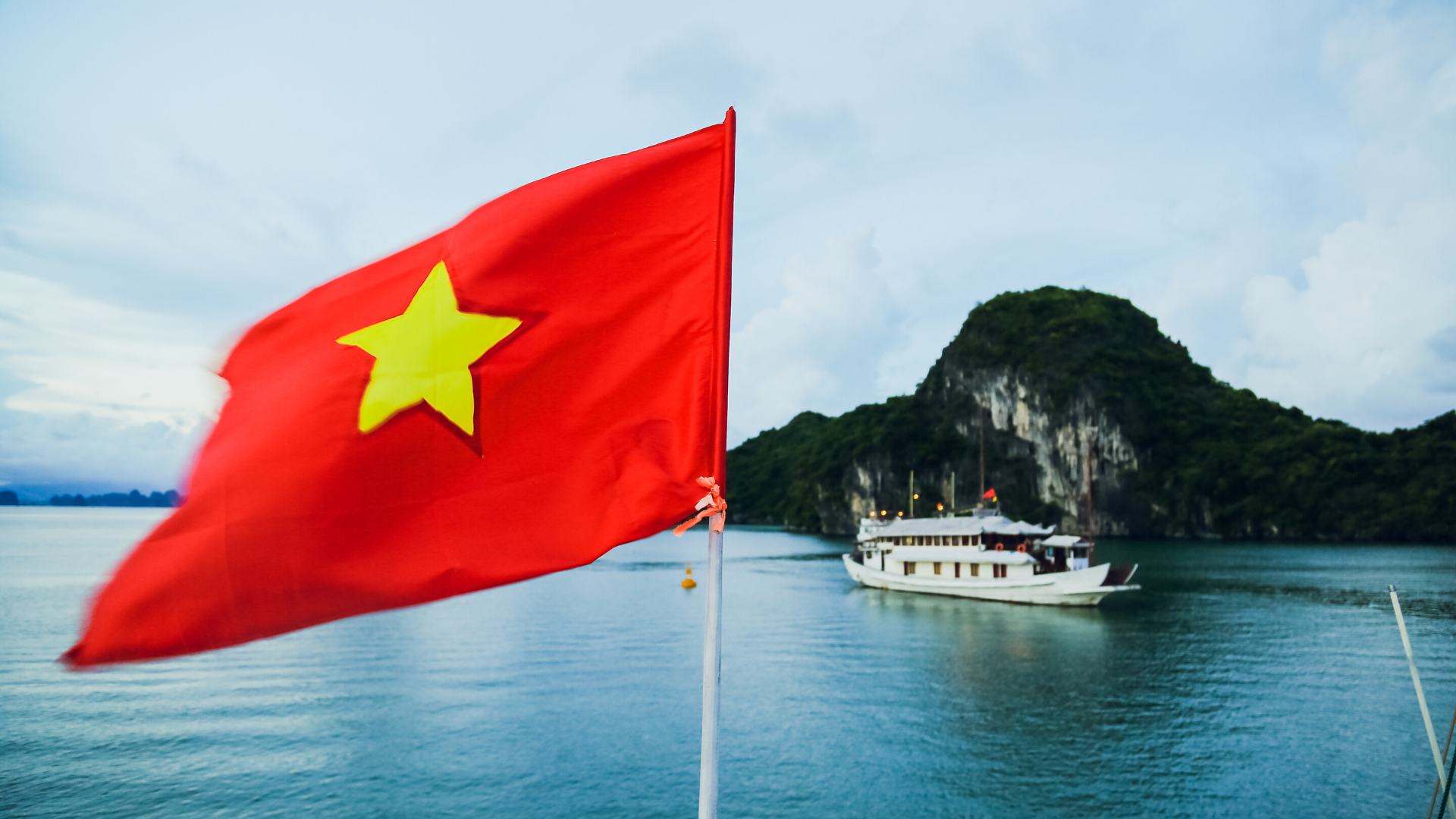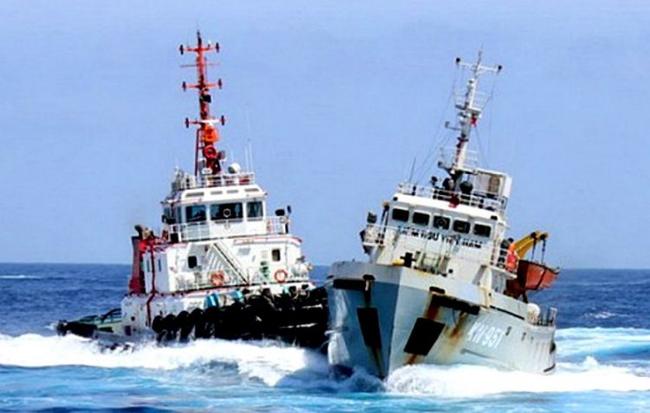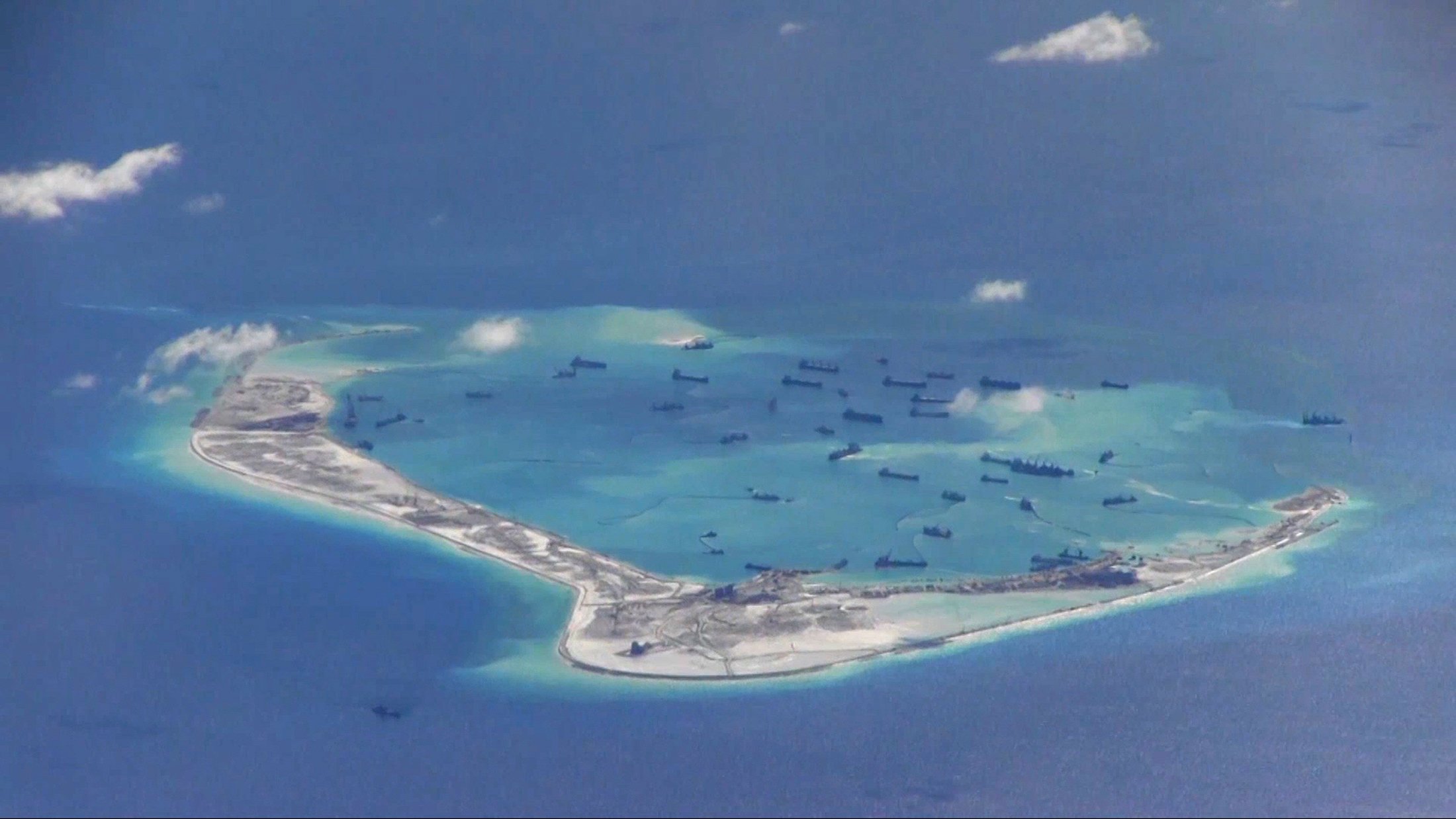South China Sea
The Battle for Territory and Resources
China's Interests

China’s interest in the SCS can be understood along three categories: economic, military, and national security.
Economically, full control of the South China Sea would allow China sole access to roughly 105 billion barrels of oil and natural gas. As the world’s largest energy consumer, projected at twenty-two percent of the world energy consumption by 2040, China is constantly looking for new reserves of natural resources.
Chinese military expansion into the South China Sea would allow it to control access to Asia and thwart any further U.S. military encroachment, while also patrolling the shipping lines running through the area.
Raised Tensions

There have been intermittent naval skirmishes between China and other claimant countries since the 1970s but China has become increasingly assertive over its claims to the SCS since the late 1990s and the pace of its claims and naval activity in the SCS have increased since the mid-2000s. Since 2013 Beijing has scaled up land reclamation and construction of facilities on and around several disputed islands, including ports that could accommodate combat ships, runways, aircraft hangars, and radar for military use.
Philippines push back
In January 2013 the Philippines filed a Notification and Statement of Claim with the International Tribunal for the Law of the Sea, seeking determination of whether certain features in the disputed waters were entitled to the legal definition of islands and thus a 200-nautical-mile EEZ for fish and mineral resources. In July 2016 the tribunal ruled in favour of the Philippines and concluded that China had “no legal basis” for its claim to historic rights in the area within the nine-dashed line.
China dismissed the verdict as illegitimate.


